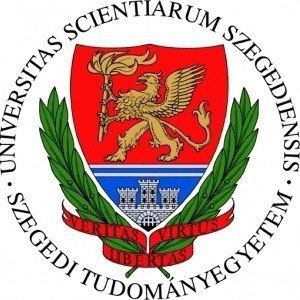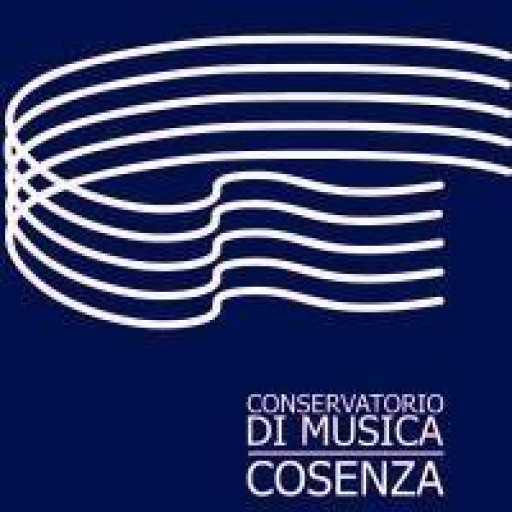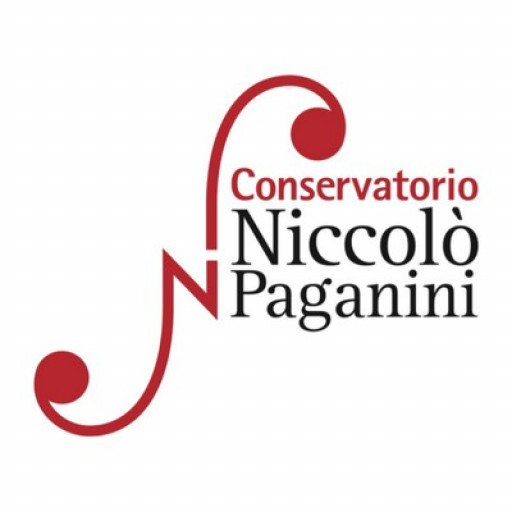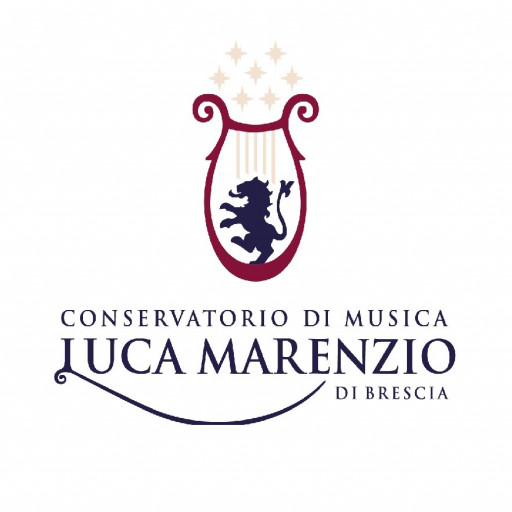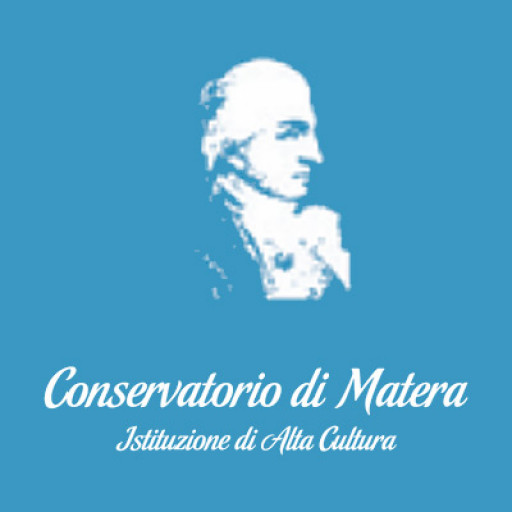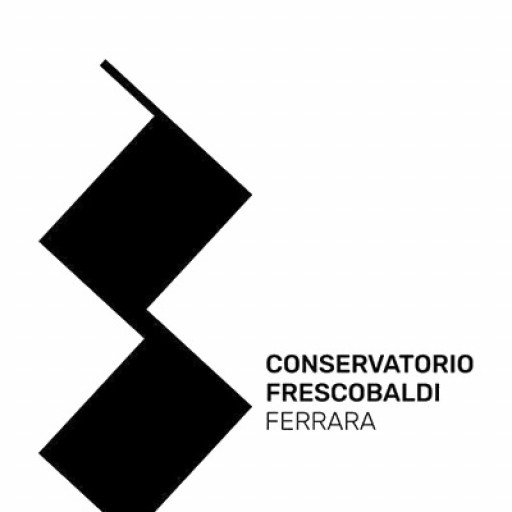Photos of university / #uniszeged
The Master’s Degree in Classical Singing at the University of Szeged offers aspiring professional vocalists an exceptional opportunity to refine their artistry, deepen their technical skills, and expand their interpretative abilities within a comprehensive academic framework. This program is designed for students who have already achieved a solid foundation in vocal performance and are seeking to elevate their expertise through advanced coursework, individualized coaching, and performance experience. The curriculum encompasses a diverse range of subjects, including advanced vocal technique, music theory, history of music, and performance practice, all aimed at fostering a holistic approach to the art of singing. Students engage in rigorous training sessions led by esteemed faculty members with extensive experience in opera, concert, and chamber music contexts, enabling them to refine their technique, expand their repertoire, and develop a distinctive artistic identity. The program emphasizes practical performance skills through regular concerts, masterclasses, and studio recordings, providing students with ample opportunities to perform in front of live audiences and receive constructive feedback. In addition, students are encouraged to participate in various competitions and festivals to showcase their talents and build professional networks within the classical music community. The Master’s program at the University of Szeged also integrates theoretical studies in musicology and literary analysis of vocal repertoires, enriching students’ interpretative insights and historical understanding. Collaboration with other departments and participation in university-sponsored cultural events further enhance the educational experience. Graduates of this program are well-prepared to pursue careers on national and international stages, whether as soloists, ensemble members, or vocal educators. The Master’s Degree in Classical Singing at the University of Szeged combines rigorous academic training with practical performance opportunities, fostering versatile and accomplished musicians ready to contribute to the vibrant world of classical music.
The Master’s Degree in Classical Singing at the University of Szeged offers a comprehensive and rigorous program designed to develop innovative, versatile, and highly skilled vocal artists. This advanced degree program focuses on enhancing students’ technical mastery, artistic interpretation, and performance confidence, preparing them for successful careers in solo and ensemble settings within the classical music world. Throughout the course, students engage in intensive voice training tailored to their individual voice types and artistic goals, guided by experienced faculty members who are recognized professionals in the field of classical singing. The curriculum includes extensive coursework in vocal technique, diction in multiple languages, music theory, and historical performance practice, ensuring a well-rounded musical education. Additionally, students participate in numerous performance opportunities, such as solo recitals, masterclasses, and collaborations with orchestras and chamber ensembles, fostering their stage presence and professional readiness. The program also emphasizes personal artistic development through workshops on stagecraft, interpretation, and mental preparation, which are crucial for successful public performances. To facilitate a holistic approach to music-making, the university incorporates regular feedback sessions, mentorship, and opportunities for attending and observing masterclasses and concerts by renowned artists. The Master’s Degree in Classical Singing aims to produce graduates capable of contributing meaningfully to the cultural landscape, equipped with both a deep understanding of repertoire and the technical proficiency necessary for a sustainable professional career. Emphasizing innovation within tradition, the program prepares students to adapt to various performance settings and artistic trends, fostering creativity alongside technical excellence. Graduates of this program are well-positioned to pursue further research, perform publicly, or continue their artistic development in specialized training or pedagogical roles. The university’s supportive environment, combined with its strong connections to the regional and national music scenes, provides students with invaluable networking opportunities and exposure to diverse musical careers.
Program Requirements:
Applicants must hold a secondary school leaving certificate or equivalent qualification recognized for university admission. Proficiency in the English language is required; applicants must demonstrate language competency through standardized tests such as TOEFL or IELTS, unless they have completed previous education in an English-speaking institution. The selection process involves an audition, where candidates are evaluated on their singing ability, musical ear, tonal quality, and interpretative skills. Candidates are expected to perform prepared pieces that showcase their vocal technique and artistic expression, typically including at least two pieces from different musical periods. Additionally, applicants may be required to participate in an interview assessing their motivation, musical background, and understanding of the profession. Prior experience in classical singing, including participation in choir or solo performances, is advantageous. Applicants should demonstrate a good level of musical knowledge, including an understanding of music theory and history relevant to the repertoire they intend to perform. Musical readiness, including the ability to read musical notation and sight-sing, is also assessed during the audition. The program may require submission of a portfolio or recording of performances to supplement the audition process. Candidates are advised to prepare a CV detailing their musical education, performances, and other relevant experiences. International applicants might also need to provide proof of their identity and to meet visa requirements. All applicants should carefully review specific admission criteria and prepare accordingly to meet the standards set by the department.
The financing of the Classical Singing program at the University of Szeged is primarily structured around a combination of governmental funding, student fees, and potential sponsorship or scholarships. The Hungarian government provides substantial funding to support higher education institutions, ensuring that the program can maintain high-quality standards and offer a comprehensive curriculum. Students enrolled in the program are required to pay tuition fees, which are set annually and are subject to adjustments based on inflation and institutional policies. These fees contribute significantly to the operational costs of the program, including faculty salaries, instrumental and vocal training equipment, rehearsal spaces, and concert production expenses.
Additionally, the university offers a variety of scholarships aimed at encouraging talented students to pursue classical singing. These scholarships may be merit-based, need-based, or dedicated to specific categories such as international students or those demonstrating exceptional potential in vocal performance. Students can apply for these financial aids through the university’s scholarship office, and the awards are typically renewable contingent upon academic performance and artistic progress.
Furthermore, the program may benefit from European Union funding initiatives and cultural grants aimed at promoting musical education and cultural heritage. Such funding can be allocated for particular projects, research, or performances that enhance the educational experience and increase the program’s visibility internationally.
Part-time employment opportunities within the university or related cultural institutions are also available for students seeking additional financial support. These employment opportunities are often related to event management, teaching assistantships, or promotional activities for university concerts and festivals, offering students practical experience while assisting with their financial needs.
Lastly, alumni relations and partnerships with local cultural organizations can sometimes provide sponsorship for concert series, masterclasses, or international competitions, which in turn support the students financially and professionally. The university actively encourages students to seek external funding and participate in exchange programs that may include financial grants to offset costs associated with studying abroad or attending international competitions.
Overall, the financing of the Classical Singing program at the University of Szeged reflects a multifaceted approach, integrating public funding, private donations, scholarships, and student employment to ensure sustainable, high-quality education in classical musical performance.
The University of Szeged offers a comprehensive program in Classical Singing within its Faculty of Music and Arts, designed to prepare students for a professional career in opera, concert singing, and recitals. The program emphasizes both technical mastery and artistic expression, combining rigorous vocal training with a thorough understanding of musical and stylistic contexts. Students engage in regular performance practice, gaining experience in solo and ensemble settings, and are encouraged to develop their unique artistic identity under the guidance of experienced faculty members. The curriculum includes courses in voice technique, music theory, accompaniment, diction in multiple languages, and interpretation of stylistically diverse repertoire. The program also provides opportunities for students to participate in masterclasses, concerts, and competition performances, fostering stage presence and professional development. The faculty members are accomplished artists and educators with international experience who utilize modern pedagogical approaches. The program aims to produce versatile, skilled artists capable of performing at a national and international level. Facilities include specialized voice laboratories, rehearsal rooms, and access to the university’s concert halls, which serve as platforms for student performances. Collaborative projects with other departments and participation in national and international festivals enhance the educational experience. Graduates of the program are well-equipped to pursue careers in opera houses, concert halls, recording studios, or to continue advanced studies in doctoral programs. The university's strong network of connections within the Hungarian and European classical music scenes provides students with valuable professional opportunities.
